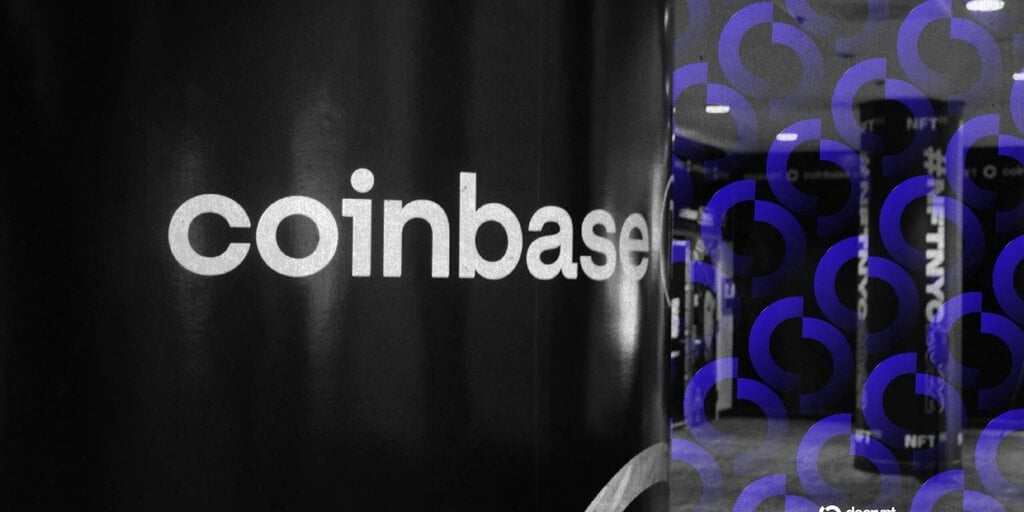
Coinbase Knew of Its Data Breach Months Before Disclosing: Reuters
- 03.06.2025 04:04
- decrypt.co
- Keywords: Data Breach, Extortion, Illegal Access
Coinbase learned of a data breach involving TaskUs in January. Rogue employees allegedly leaked customer info for bribes, with hackers demanding $20 million in Bitcoin, which Coinbase refused.